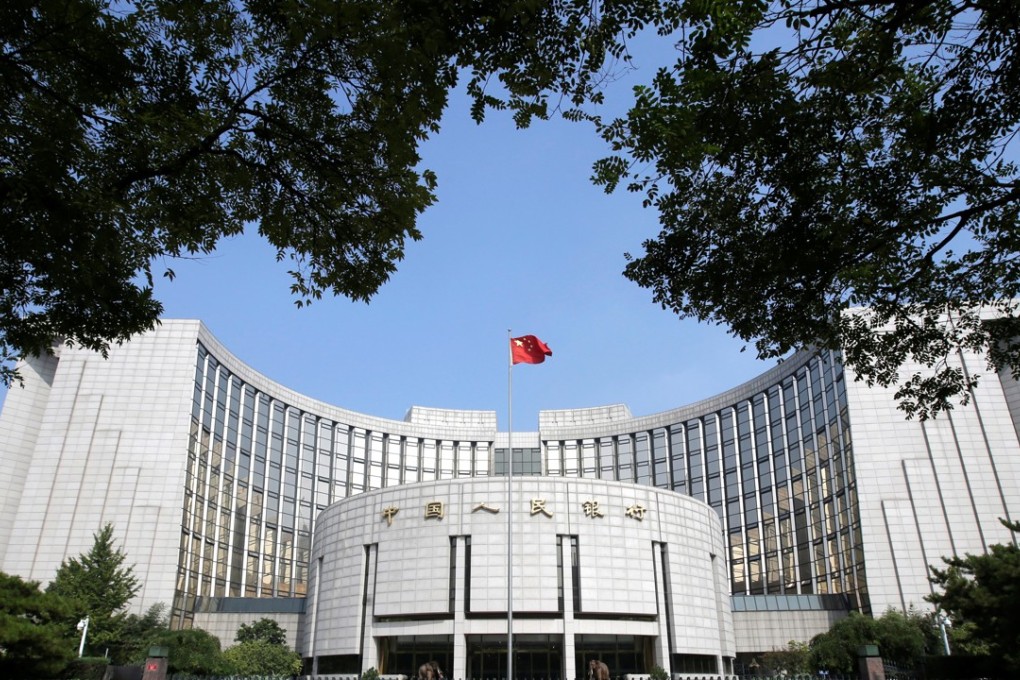Beijing ‘will not use yuan as trade war weapon’ as it hits two-year low of 6.97 to US dollar
- China’s central bank rejects allowing devaluation to help exporters
- Country’s foreign exchange chief warns those betting on weakening currency that it will be defended

China’s central bank has denied devaluing its currency to weather the trade war and sent a veiled warning to “forces trying to short the yuan” after it weakened to a 22-month low against the US dollar.
Pan Gongsheng, a deputy governor of the People’s Bank of China (PBOC), said the State Administration of Foreign Exchange, which he heads, had “accumulated rich experiences and developed multiple policy tools” in defending the yuan, after the offshore exchange rate weakened to 6.97 on Friday.
“As for those forces trying to short the yuan, we have engaged directly a few years ago and we know each other very well,” Pan told a press briefing in Beijing. “I think our memories should still be fresh.”
Pan did not name any individuals or institutions he believed were shorting – selling a currency, hoping for a decline in the market price – nor did he elaborate on how Beijing had “engaged directly with” such parties in the foreign exchange market.
Those betting on a weaker yuan exchange rate are often viewed as unwelcome or even hostile by the Chinese government, which regards the yuan exchange rate not as a normal price indicator but as a symbol of China’s economic health that must be defended.